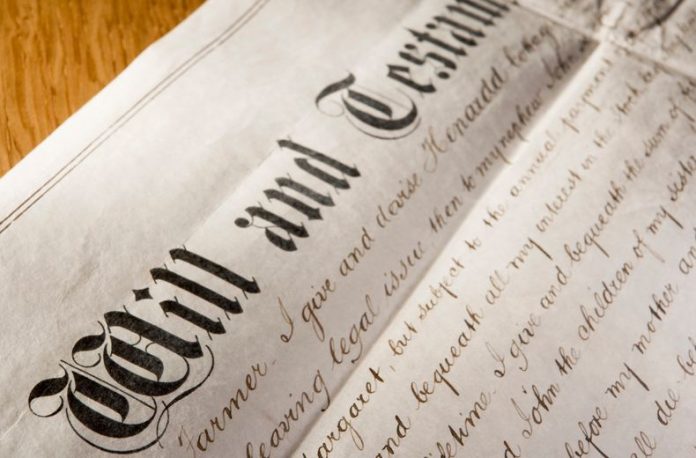Nearly all of us at one point or another in our lives will make a will. A will instructs those that are left behind what the deceased person’s final wishes were.
Many times funeral instruction is placed in the will, but one of the most common purposes is to divide up the assets and belongings of the deceased.
A will is ironclad and cannot be disobeyed. The only time it can be broken is if a relative contests its contents on the grounds that the deceased may not have been of a sound mind when creating it.
Wills are important, and despite some of the family squabbles, the start does provide a good purpose.
Without a will, the assets of the deceased run the risk of being claimed by the state. A will can also provide another service.
Some can use a will to track their family history. This isn’t the main use of a will of course but it can be helpful.
When someone makes a will it is always witnessed. These are people that can first, attest to the person’s mental stability and can verify the existence of the will.
If the actual document isn’t readily available, one could possibly track the witnesses down and get started that way.
Wills can be created in a variety of settings. One can even create a legally binding will via the Internet these days.
However, for that will to be legal it has to be notarized. At least one copy will be given to the person and another held on file with an attorney. When someone passes away, this copy of the will can be tracked down.
Despite that age of the will and how many years have gone by there will always be a copy of that person’s will somewhere. Once found you can have a whole series of contacts to follow up on.
Finally, when tracking your family history, you may make a lot of headway at the will reading.
Usually, an executor is chosen to handle the affairs after the person has deceased. This can be anyone, a trusted friend or family member.
Usually, the will is read to those that can attend the meeting. Those that are in the will but unable to attend will be contacted.
Those present at the reading can offer assistance in learning family history. There may be people there that one didn’t know existed.
Once read the will is then filed. It can be looked up at a later date for a variety of reasons.
Wills do provide a variety of purposes. They help keep family from arguing over who gets what and protects the deceased’s assets from being claimed by the state.
Wills can also be used to track family history. Most people do get a will of some sort or another, so there is always some kind of document of that person somewhere.
By reading it one can gain an insight as to what the person has and who they thought the most.
Wills are filed forever so, it is possible that you can go back generations in your search for family history.

